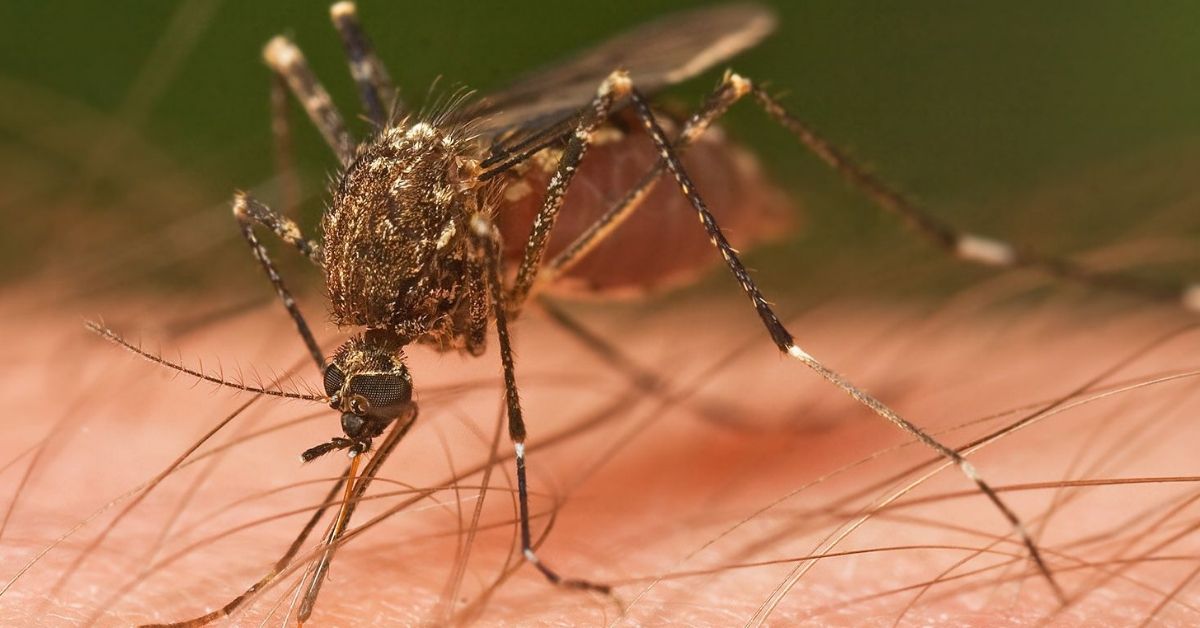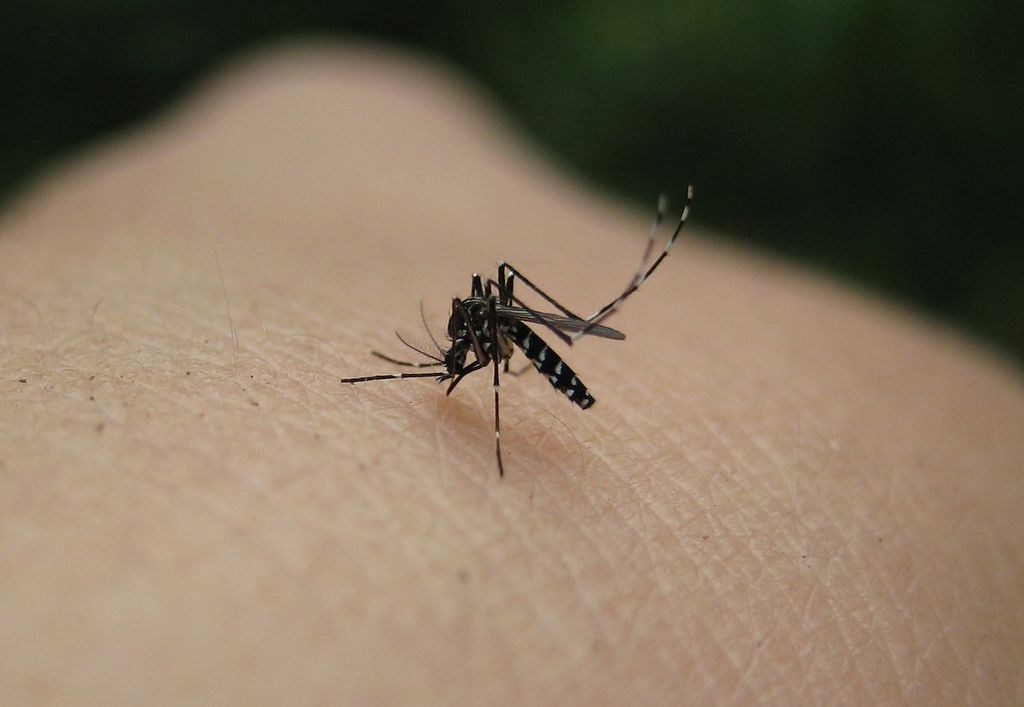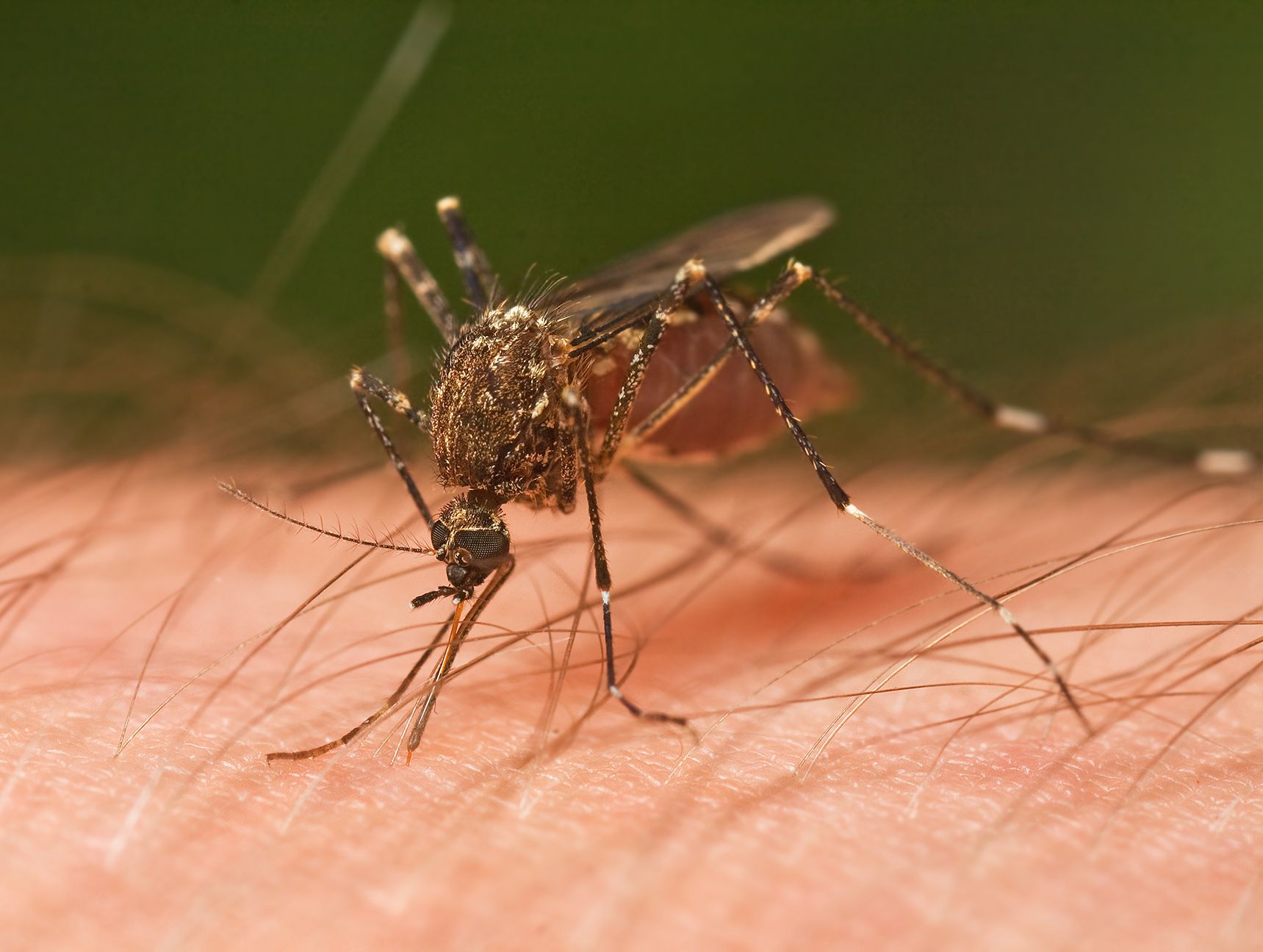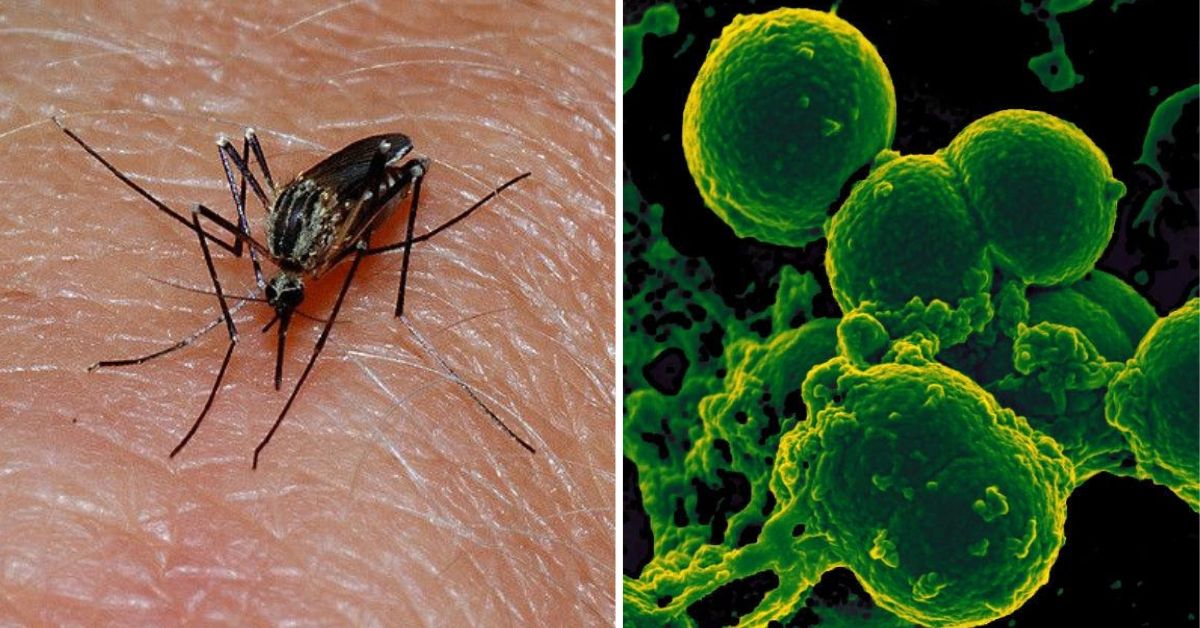They may be tiny, but mosquitoes are one of the deadliest creatures in the world because of their ability to transmit dangerous diseases to humans.
Every year, thousands of Americans fall ill from Mosquito-borne illnesses like the West Nile virus, malaria, and dengue.
While health authorities are always on alert for these diseases, a recent discovery of the possible link between the pesky bug and a flesh-eating bacteria has them on edge.
Buruli ulcer, the third most common mycobacterial disease in the world, has been spreading in places like Australia and Sub-Saharan Africa, but cases have also been found in the United States in the last few years.
Researchers have been trying to get to the bottom of the spike in the mysterious illness, which is often characterized by skin ulcers on the arms and legs that eventually damage the tissue. In serious cases, a patient may require amputation.
While there's still a lot to be known about the disease, including how it is transmitted, scientists in Queensland, Australia are getting closer to figuring out how it spreads so quickly.
They have recently found that it is highly likely that the bacteria can be spread by animals and insects, like mosquitoes.
"It is not known how the infection is contracted, there are various theories including the possibility of insect transmission," said Dr. Madhumati Chatterji from Tropical Public Health Services.
James Cook University professor John McBride added that there are "two major ideas about how people acquire Mycobacterium ulcerans, one is a theory developed in Australia is that it is a result of mosquito bites, we've found some evidence of wild caught mosquitoes harboring the micro bacteria wild bacteria ulcerans."
There is still no conclusive evidence that mosquitoes are to blame for Buruli ulcer, however, the theory forces us to think about the possibility of the insect spreading other similar diseases, not just in Australia, but in the U.S. too.
Even if they don't spread bacteria, a mosquito bite could sometimes be more than just an annoying itch.
In October, it was reported that a 21-year-old man almost lost his leg after a mosquito-bite turned into a flesh-eating bacterial infection, also known as necrotizing fasciitis. In his case, the mosquito didn't exactly cause the infection; bacteria entered the skin through the break that the occurred after the bite.
[H/T: ABC News]




